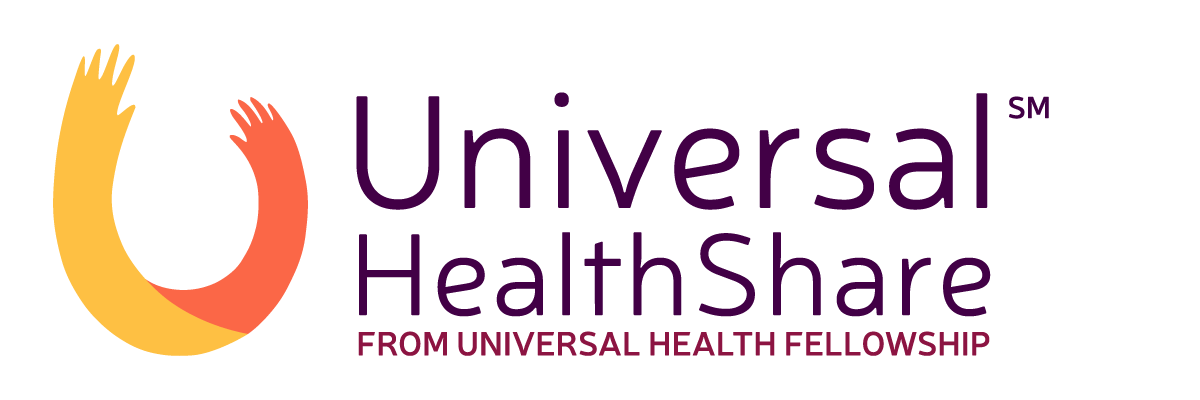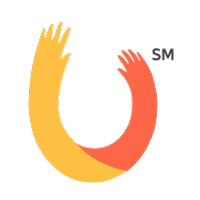October is Down Syndrome Awareness Month, created by the National Down Syndrome Society. We celebrate Down Syndrome Awareness Month (DSAM) to raise public awareness about the condition and advocate for acceptance and inclusion of people with Down Syndrome.
 Down Syndrome is one of the most common types of neurodivergence, yet many harmful stereotypes, myths, and perceptions still dominate the public’s view on this condition. It’s critical to emphasize that a diagnosis of Down Syndrome does not define a person or their worth, nor does it limit their skills.
Down Syndrome is one of the most common types of neurodivergence, yet many harmful stereotypes, myths, and perceptions still dominate the public’s view on this condition. It’s critical to emphasize that a diagnosis of Down Syndrome does not define a person or their worth, nor does it limit their skills.
What is Down Syndrome?
Down Syndrome is a genetic condition in which a person is born with an extra chromosome. Chromosomes are small “packages” that carry genes in the body and determine how a baby’s body forms during pregnancy and after birth.
What are the Physical Symptoms of Down Syndrome?
Physical symptoms of Down Syndrome vary, but the most common features include:
- Flattened face
- Decreased muscle tone or loose joints
- Small head, neck, ears, and/or mouth
- Protruding tongue
- Upward slanting eyes
- A single line across the palm
- Shorter in height as children and adults
- Excessive flexibility
What are the Cognitive Symptoms of Down Syndrome?
Each person born with Down Syndrome will have different experiences with their neuodivergency. It’s important to note that all symptoms and severities will be different from person to person.
Some of the most common learning and behavioral symptoms of Down Syndrome include:
- Delays in speech and language development
- Attention problems
- Sleep difficulties, including sleep apnea
- Stubbornness and tantrums
- Delayed toilet training
What are the Co-Occurring Conditions Most Common with Down Syndrome?
People with Down Syndrome are at an increased risked of developing, or being born with, the following health conditions. Please note, this list is not exhaustive and does not mean everyone with Down Syndrome will develop all, or any, of the following conditions.
- ADHD
- Alzheimer’s Disease
- Complications with anesthesia
- Atlantoaxial instability
- Blood diseases
- Dental issues
- Autism
- Ear, nose, and throat problems
- Endocrine conditions
- Gastrointestinal tract issues
- Keratoconus
- Abnormalities of the heart
- Mental health concerns, such as generalized anxiety or obsessive-compulsive behaviors
- Obstructive sleep apnea
- Complications with vision development
Some people with Down Syndrome remain healthy and live independently, while others may struggle with significant health problems.
How Does Down Syndrome Occur?
According to the National Institute of Health, “Down Syndrome is caused by a random error in cell division that results in the presence of an extra copy of chromosome number 21.”
In most cases, the extra copy of chromosome 21 comes from the mother in the egg. In less than 5% of cases, the extra copy comes from the father through the sperm. In a minority of cases, the extra copy occurs after fertilization as the embryo grows.
What Are the Treatments for Down Syndrome?
While there is no cure for Down Syndrome, there are several services that can improve skills, such as speech, physical, occupational, and educational therapy.
What Are Common Misconceptions about Down Syndrome?
Before the 1980s, people with Down Syndrome were often placed in institutions, mistreated, and misunderstood. In the last 40 years, research has made huge advancements in understanding Down Syndrome and how best to assist those with the common genetic mutation. Unfortunately, social stigma and false beliefs still exist and can be difficult to change. Below are some of the most common falsities believed about down syndrome.
- Only older parents have children with Down Syndrome
- People who have Down Syndrome:
- Die young
- Cannot walk or play sports
- Can’t read or write
- Can’t go to regular public schools
- Don’t feel pain
- All look alike
- Are overweight
- Cannot have children
- Cannot live independently or get jobs
- Are always happy
- Have no memory
- Are a result of incest
- A child with Down Syndrome will ruin a marriage and/or negatively impact their siblings
For further information about the misconceptions of Down Syndrome, visit the Global Down Syndrome Foundation here.
How Can You Observe Down Syndrome Awareness Month?

- Join the National Association for Down Syndrome’s (NADS) Facebook page.
- Become a NADS member.
- Educate yourself, your friends, and community.
- Share Down Syndrome Facts on your social media pages.
- Donate to NADS or help fundraise.
- Talk to your local school district, church, work, or club about celebrating Down Syndrome Awareness Month and Down Syndrome Awareness Day.
- Join a Buddy Walk.
For more information on Down Syndrome and to find more ways to raise awareness, visit the National Down Syndrome Society’s website here.


